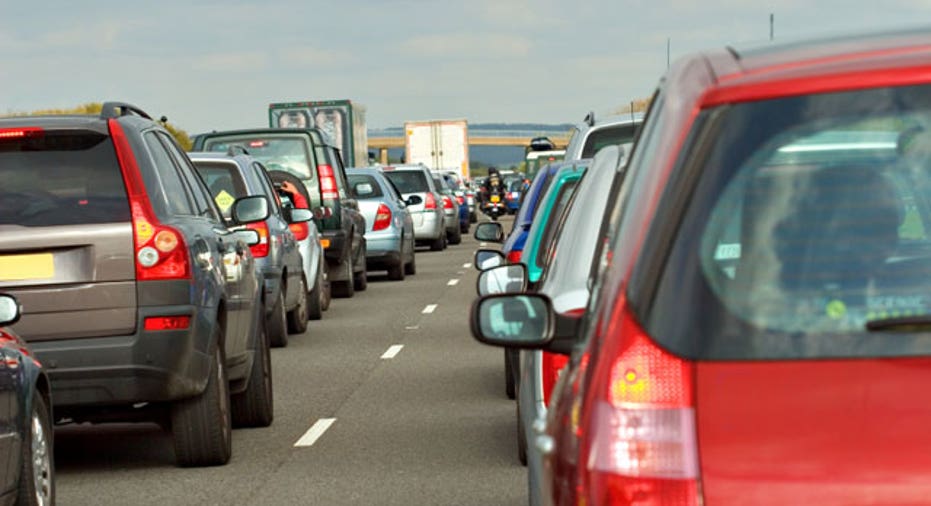Auto Loan Payments Now Outrank Mortgage, Credit Cards

Before the recession, the average consumer prioritizing monthly loan payments put the almighty mortgage at the head of the pack. After economic turmoil, when home equity plummeted and homes became liabilities, priorities shifted. Credit cards became the most important payment to make.
Fast forward to now, and we've done it again.
What loan do we care about most today? Our auto loans.
A March 2012 study by the credit bureau TransUnion found that consumers have switched again, placing greater importance on keeping up with their auto loans and credit cards than their mortgages.
In a sample of nearly 4 million consumers throughout 2011, the credit reporting bureau's Payment Hierarchy Study looked at people who hold all three types of loans -- auto, credit card and mortgage -- but were delinquent on just one. The report found that these people were far less likely to be late on a car loan than with the other two types of loans.
Ezra Becker, vice president of research and consulting in TransUnion's financial services business unit, says it was already known that consumers had begun to place credit card loans ahead of their mortgages in terms of priority, but researchers hadn't yet realized that auto loans had been placed in front of both.
"With unemployment remaining high and real estate values remaining stagnant or further depreciating, consumers continued to pay their credit cards ahead of their mortgages," Becker says. "However, the importance of their auto loans appears to have trumped even the value they place on their credit cards."
According to the study, of the consumers who were delinquent on one of the three payments but current on the others, 9.5% were delinquent on an auto loan, 17.3% were delinquent on a credit card and 39.1% were delinquent on a mortgage.
Becker says the reasons for this shift in priorities could include the consumer's need for transportation to search for a job as well as the fact that their cars could actually be of some value -- unlike their homes.
"Consumers may have equity in their autos after several years of payments that they are looking to preserve -- which is no longer the case for most homes," Becker says. "In fact, negative equity has become increasingly common for homes, which may further contribute to the shift in payment preference to auto loans."
In 2008, for the first time, consumers were more likely to be current on their credit card payment and delinquent on their mortgage. The study says industry analysts expected this to turn back around at the end of the recession, but that this has not yet happened.
According to Matt Komos, a co-author of the study and a consultant in TransUnion's analytics and decisioning services business unit, the percentage of consumers delinquent on mortgages and current on credit cards has dropped some in the last year, but the payment hierarchy shift remains as strong as it was a year ago.
The "auto first" effect was seen in all 50 states and the District of Columbia, but there were sharp regional differences. It was most pronounced in states such as Florida and Michigan, where home prices plummeted most, and least pronounced in states such as Texas, which didn't go through a severe housing boom and bust.
"We established in our earlier study that this payment hierarchy reversal was chiefly the result of two factors: the decline in house prices and high and persistent unemployment levels," says Komos.
If a return to "normal" payment hierarchy patterns is in order, the study reflects that it won't happen until the housing market is stabilized.



















